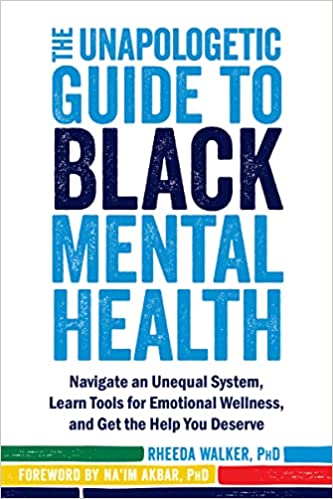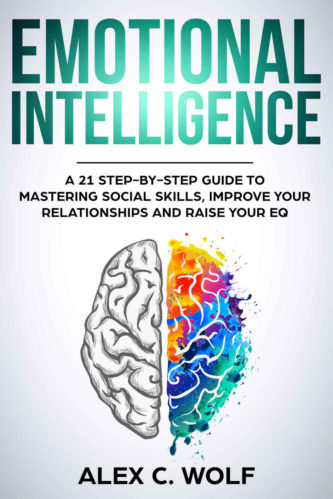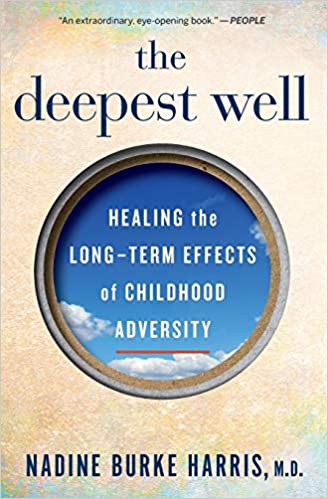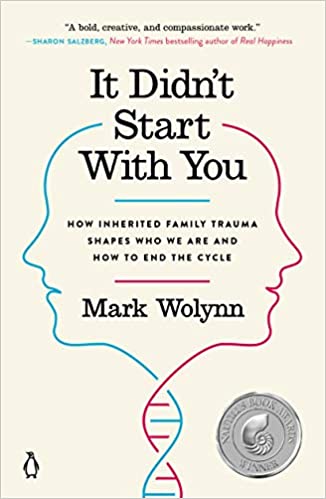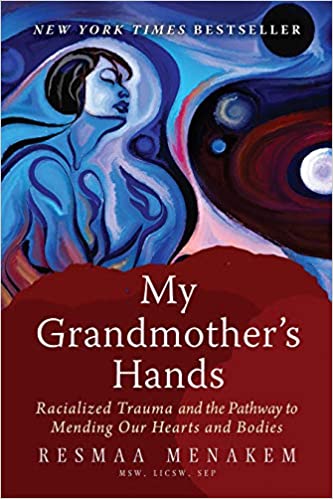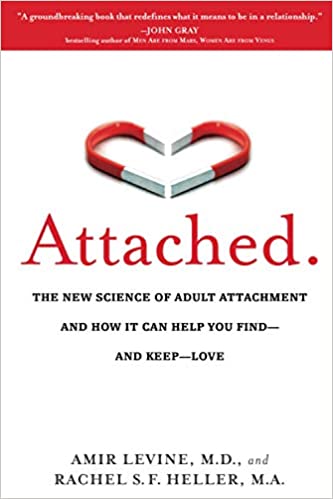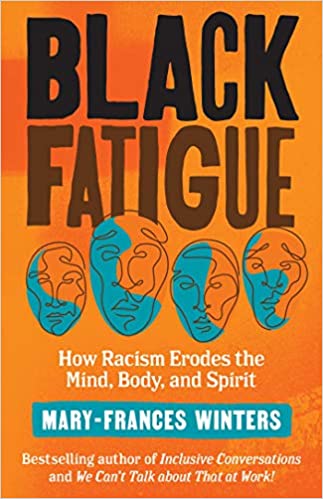Mind Hacking: How to Change Your Mind for Good in 21 Days
Have you ever wished you could reprogram your brain, just as a hacker would a computer? In this 3-step guide to improving your mental habits—using plenty of clear “computer-related terms should resonate with tech-savvy readers, including those resistant to typical self-help fare” (Publishers Weekly)— learn to take charge of your mind and banish negative thoughts, habits, and anxiety—in just twenty-one days!
A seasoned author, comedian, and entrepreneur, Sir John Hargrave once suffered from unhealthy addictions, anxiety, and poor mental health. After cracking the code to unlocking his mind’s full and balanced potential, his entire life changed for the better. In Mind Hacking, Hargrave reveals the formula that allowed him to overcome negativity and eliminate mental problems at their core.
Through a 21-day, 3-step training program, this book lays out a simple yet comprehensive approach to help you rewire your brain and achieve healthier thought patterns for a better quality of life. It hinges on the repetitive steps of analyzing, imagining, and reprogramming to help break down barriers preventing you from reaching your highest potential.
By treating your brain as a computer and mastering Hargrave’s mind hacking formula, you, too, can create a positive, permanent shift in your thinking, leading to personal and professional triumphs in all areas of life.
Emotional Intelligence: A 21 Step-By-Step Guide to Mastering Social Skills, Improve Your Relationships and Raise Your EQ
In the fast-moving world of today, with the widespread use of the Internet and social media, we’ve all but lost the ability to relate with another human being on a deep level because we’ve outsourced this vital skill to technology. As a consequence, we’re more divorced from reality and disconnected from each other than ever before. If you struggle to understand and relate with people in your everyday life, then this guide was designed for you.
In this concise guide to Emotional Intelligence, Alex C. Wolf gets rid of the fluff and filler that is rife with books of this genre and really gives you actionable advice on how you can master social skills, improve your relationships and boost your EQ.
Here’s a sample of what you’re going to discover in Emotional Intelligence:
How to take responsibility for your emotions and behavior
Practicing empathy with others and making them open up to you
Creating a positive, uplifting environment around you
How to identify your emotions, express healthy ones and get rid of harmful ones
11 Effective tips for practicing improving emotional awareness
Powerful non-verbal communication tips to improve social interactions almost overnight
9 Ways to improve your relationships using Emotional Intelligence
…and much more!
If you’ve ever wondered how some people are able to get you to spill your life’s story to them within a few moments of meeting them, if you’ve ever wondered why you feel so good and valued talking to certain people, then you have to get this book.
Filled with practical advice and insights, Emotional Intelligence is a guide that will transform your social life. All you have to do is take action.
The Deepest Well: Healing the Long-Term Effects of Childhood
A pioneering physician reveals how childhood stress can lead to lifelong health problems and shows us what we can do to break the cycle.
Two-thirds of us have experienced at least one adverse childhood experience, or ACE, such as abuse, neglect, parental substance dependence, or mental illness. Even though these events may have occurred long ago, they have the power to haunt us long into adulthood, and now we have found that they may even contribute to lifelong illness.
Dr. Nadine Burke Harris, the founder/CEO of the Center for Youth Wellness and recipient of the Arnold P. Gold Foundation Humanism in Medicine Award, expands on similar topics as in her popular TED talk as she demystifies the connection between adversity and ill health. After surveying more than 17,000 adult patients, she found that the higher a person’s ACE score, the worse their health. This led Burke Harris to an astonishing breakthrough – childhood stress changes our neural systems, and its impact lasts a lifetime.
It Didn’t Start with You: How Inherited Family Trauma Shapes Who We Are and How to End the Cycle
A groundbreaking approach to transforming traumatic legacies passed down in families over generations, by an acclaimed expert in the field.
Depression. Anxiety. Chronic Pain. Phobias. Obsessive thoughts. The evidence is compelling: the roots of these difficulties may not reside in our immediate life experiences or in chemical imbalances in our brains – but in the lives of our parents, grandparents, and even great-grandparents. The latest scientific research, now making headlines, supports what many have long intuited: that traumatic experience can be passed down through generations.
It Didn’t Start with You builds on the work of leading experts in post-traumatic stress, including Mount Sinai School of Medicine neuroscientist Rachel Yehuda and psychiatrist Bessel van der Kolk, author of The Body Keeps the Score. Even if the person who suffered the original trauma has died or the story has been forgotten or silenced, memory and feelings can live on. These emotional legacies are often hidden, encoded in everything from gene expression to everyday language, and they play a far greater role in our emotional and physical health than has ever before been understood.
My Grandmother’s Hands: Racialized Trauma and the Pathway to Mending Our Hearts and Bodies
The body is where our instincts reside and where we fight, flee, or freeze, and it endures the trauma inflicted by the ills that plague society. In this groundbreaking work, therapist Resmaa Menakem examines the damage caused by racism in America from the perspective of body-centered psychology. He argues this destruction will continue until Americans learn to heal the generational anguish of white supremacy, which is deeply embedded in all our bodies. Our collective agony doesn’t just affect African Americans. White Americans suffer their own secondary trauma as well. So do blue Americans – our police.
My Grandmother’s Hands is a call to action for all of us to recognize that racism is not about the head, but about the body, and introduces an alternative view of what we can do to grow beyond our entrenched racialized divide.
- Paves the way for a new, body-centered understanding of white supremacy – how it is literally in our blood and our nervous system
- Offers a step-by-step solution – a healing process- in addition to incisive social commentary
The New Science of Adult Attachment and How It Can Help You Find – and Keep – Love
We already rely on science to tell us what to eat, when to exercise, and how long to sleep. Why not use science to help us improve our relationships? In this revolutionary book, psychiatrist and neuroscientist Dr. Amir Levine and Rachel Heller scientifically explain why some people seem to navigate relationships effortlessly, while others struggle.
Discover how an understanding of adult attachment – the most advanced relationship science in existence today – can help us find and sustain love. Pioneered by psychologist John Bowlby in the 1950s, the field of attachment posits that each of us behaves in relationships in one of three distinct ways:
- Anxious people are often preoccupied with their relationships and tend to worry about their partner’s ability to love them back
- Avoidant people equate intimacy with a loss of independence and constantly try to minimize closeness.
- Secure people feel comfortable with intimacy and are usually warm and loving.
Black Fatigue: How Racism
Erodes the Mind, Body, and Spirit
This is the first book to define and explore Black fatigue, the intergenerational impact of systemic racism on the physical and psychological health of Black people–and explain why and how
society needs to collectively do more to combat its pernicious effects.
Black people, young and old, are fatigued, says award-winning diversity and inclusion leader Mary-Frances Winters. It is physically, mentally, and emotionally draining to continue to experience inequities and even atrocities, day after day, when justice is a God-given and legislated right. And it is exhausting to have to constantly explain this to white people, even–and especially–well-meaning white people, who fall prey to white fragility and too often are
unwittingly complicit in upholding the very systems they say they want dismantled.
This book, designed to illuminate the myriad dire consequences of “living while Black,” came at the urging of Winter’s. Black friends and colleagues. Winters describes how in every aspect of life–from economics to education, work, criminal justice, and, very importantly, health outcomes–for the most part, the trajectory for Black people is not improving. It is paradoxical that, with all the attention focused over the last fifty years on social justice and diversity and inclusion, little progress has been made in actualizing the vision of an equitable society.
The Unapologetic Guide to Black Mental Health: Navigate an Unequal System, Learn Tools for Emotional Wellness, and Get the Help you Deserve
An unapologetic exploration of the Black mental health crisis—and a comprehensive road map to getting the care you deserve in an unequal system.
We can’t deny it any longer: there is a Black mental health crisis in our world today. Black people die at disproportionately high rates due to chronic illness, suffer from poverty, under-education, and the effects of racism. This book is an exploration of Black mental health in today’s world, the forces that have undermined mental health progress for African Americans, and what needs to happen for African Americans to heal psychological distress, find community, and undo years of stigma and marginalization in order to access effective mental health care.
In The Unapologetic Guide to Black Mental Health, psychologist and African American mental health expert Rheeda Walker offers important information on the mental health crisis in the Black community, how to combat stigma, spot potential mental illness, how to practice emotional wellness, and how to get the best care possible in system steeped in racial bias.
This breakthrough book will help you:
1 Recognize mental and emotional health problems
2 Understand the myriad ways in which these problems impact overall health and
quality of life and relationships
3 Develop psychological tools to neutralize ongoing stressors and live more fully
4 Navigate a mental health care system that is unequal

